Sala10: Kader Attia
virtual exhibition
Reflecting Memory
It is well-known that, after an amputation, many patients experience pain and a variety of other sensations, from warmth to itching, in their absent limb. Kader Attia takes “phantom limb” syndrome as a starting point for exploring the way in which postcolonial societies experience the memory of trauma and loss in terms of the fantasy of the restitution of an imaginary whole. This piece is key to Attia’s investigation into the operative concept of “repair” as an objectual and social tactic of the colonized and as a political challenge for collectivities. Reflecting Memory involves an exercise that revolves around the potential of reflection for alleviating the symptoms of loss and understanding the identitarian and religious radicalization of the twenty-first century.
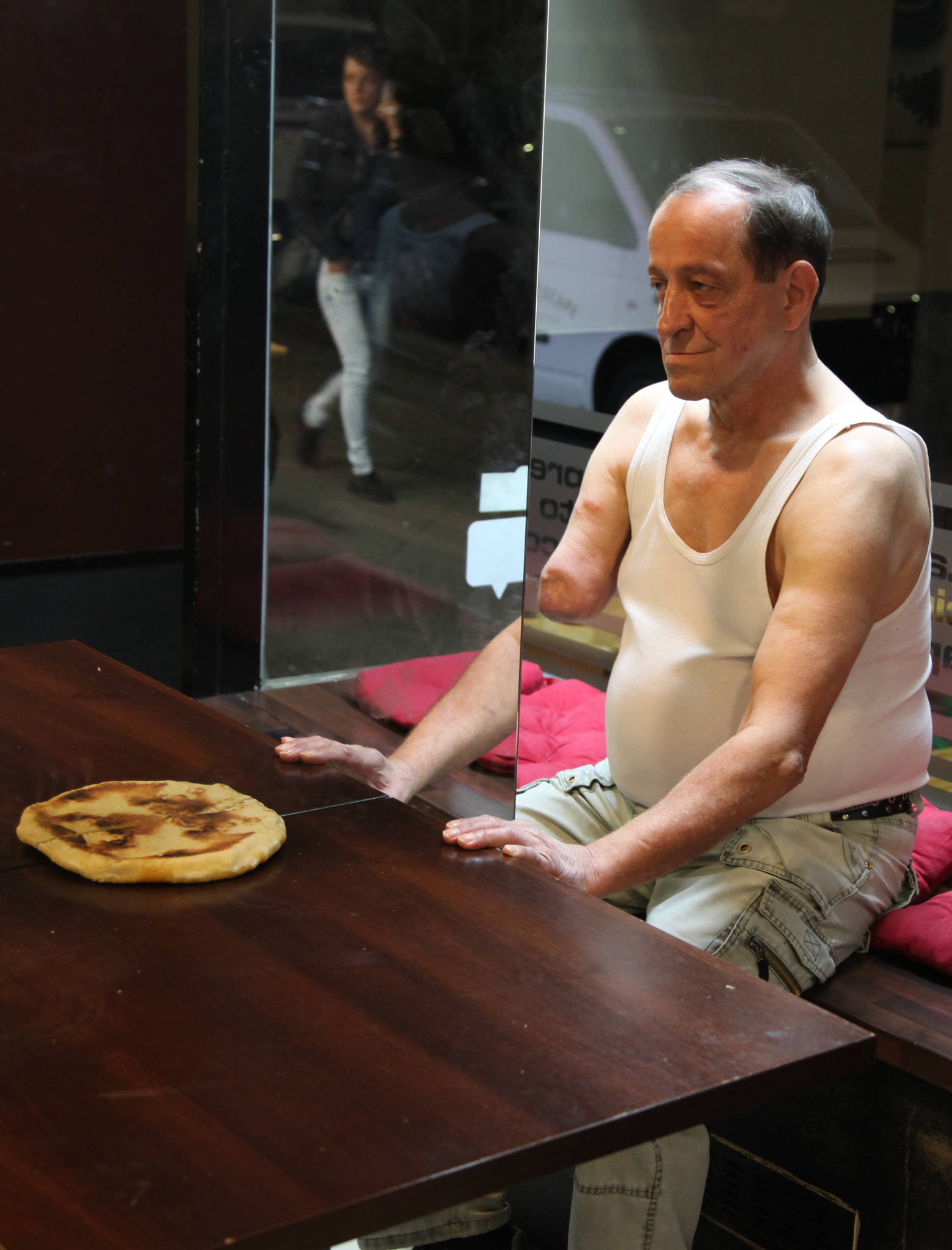
Toward a Philosophy of Loss
Kader Attia’s career has represented a critical flowering that sequentially reveals concepts, cases and arguments that together trace a philosophy of loss through a perspective marked by the experience and political project of decolonization. Attia’s practice initially explored the general impulse toward “reappropriation” conducted by the inheritors of colonized societies, who sought to recover from their dispossession at the hands of imperial “universalism.” This question is not resolved nor can it be reduced to the dispute over the repatriation of “ethnographic objects” held by museums, but instead encompasses the problem of the epistemological and emotional reappropriation of the subjugated.
Attia then registered a series of practices⎯both objectual and conceptual⎯through which societies affected by colonization and modernization carry out this “repair,” whether through the artistic and social task of elaborating a memory of scars or, in the opposite direction, to attempt⎯as the contemporary West does⎯to erase the traces of trauma by reproducing its violence. Attia defines both operations as components of a “field of emotion,” thus designating the diverse symbolic and practical space in which different societies process the experience of trauma in very different ways.
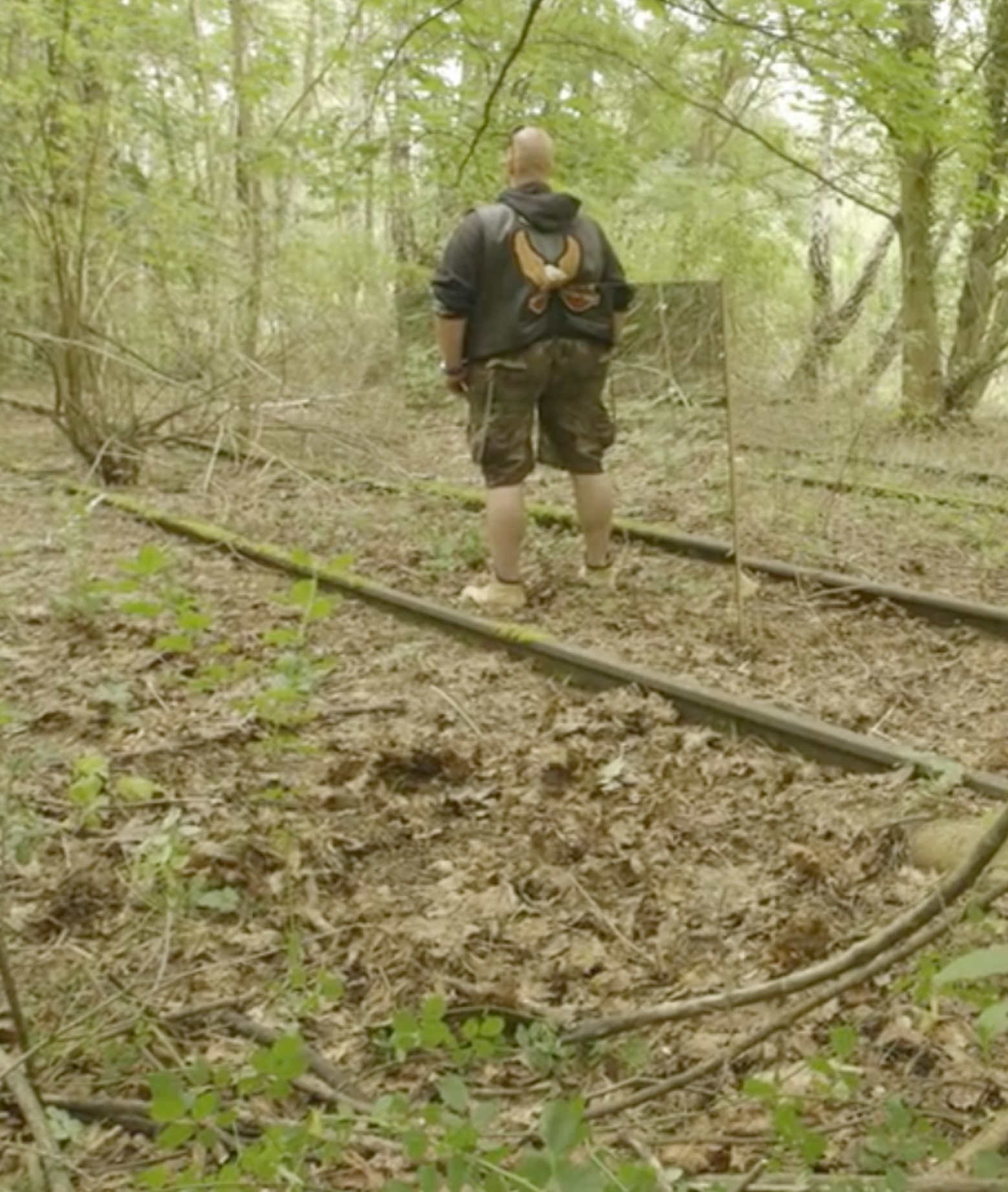
This concept is key to explaining the cultural symptom of the contemporary world and one of the primary vectors of its politics. This field encompasses the creativity and diversity of attitudes toward damaged objects and bodies, such as interference between the past, present and future, with regard to the phantom wounds that encourage the persecutorial and fundamentalist formations of contemporary identity politics. This “field of emotion” is also the terrain of those representations and affects that have driven the turn toward our many contemporary fascisms; it’s also the place where art can elaborate and sometimes provide practices for mourning and social catharsis.
In this ambitious journey by Kader Attia⎯one of the key artists at the beginning of this century⎯the video Reflecting Memory (2016) is a crucial reference. Attia investigates the phenomenon of pain and the sensation of the “phantom limbs” felt by those who have undergone an amputation as a metaphor for societal phenomena involving collective trauma. To the extent that many cultures conceive of a community as having a “social body,” politics also feeds off of a persecutorial image of mutilation or incompleteness as a motive for ethnic or religious radicalization. Through interviews with doctors, psychoanalysts and other thinkers, this video lays out different situations and symptoms of the anxiety caused by historic loss.
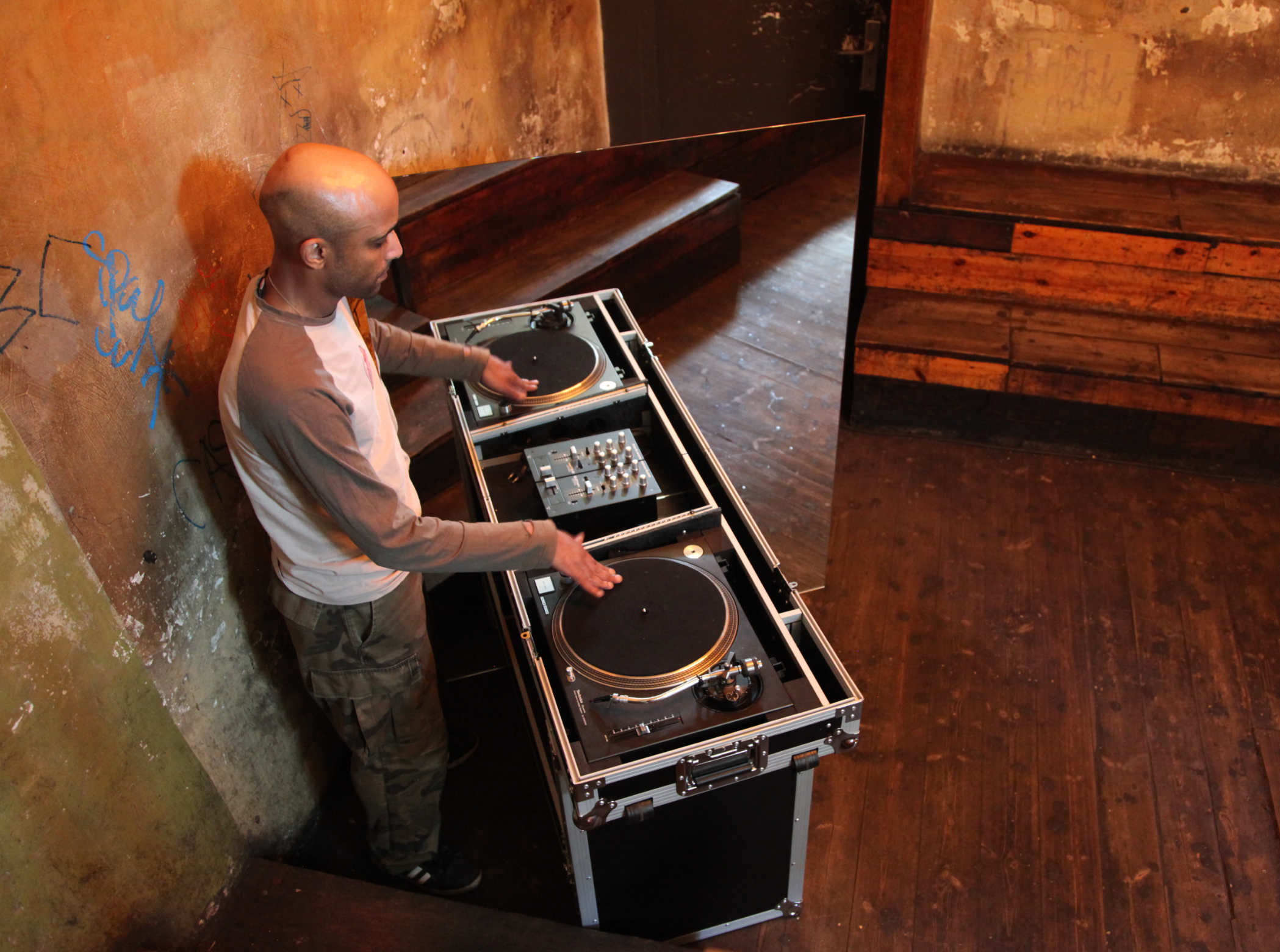
This question underlies both Islamist attempts to restore the Caliphate as well as the Western pretention of cure or total repair. Attia complements the many reflections and speculations of his interviewees with images of mirror therapy. This is a film about the role that memory plays as a constituent moment in all reflections and the way in which the duplication found in mirrors is also the image of the action of “repair” in its many meanings.
Cuauhtémoc Medina
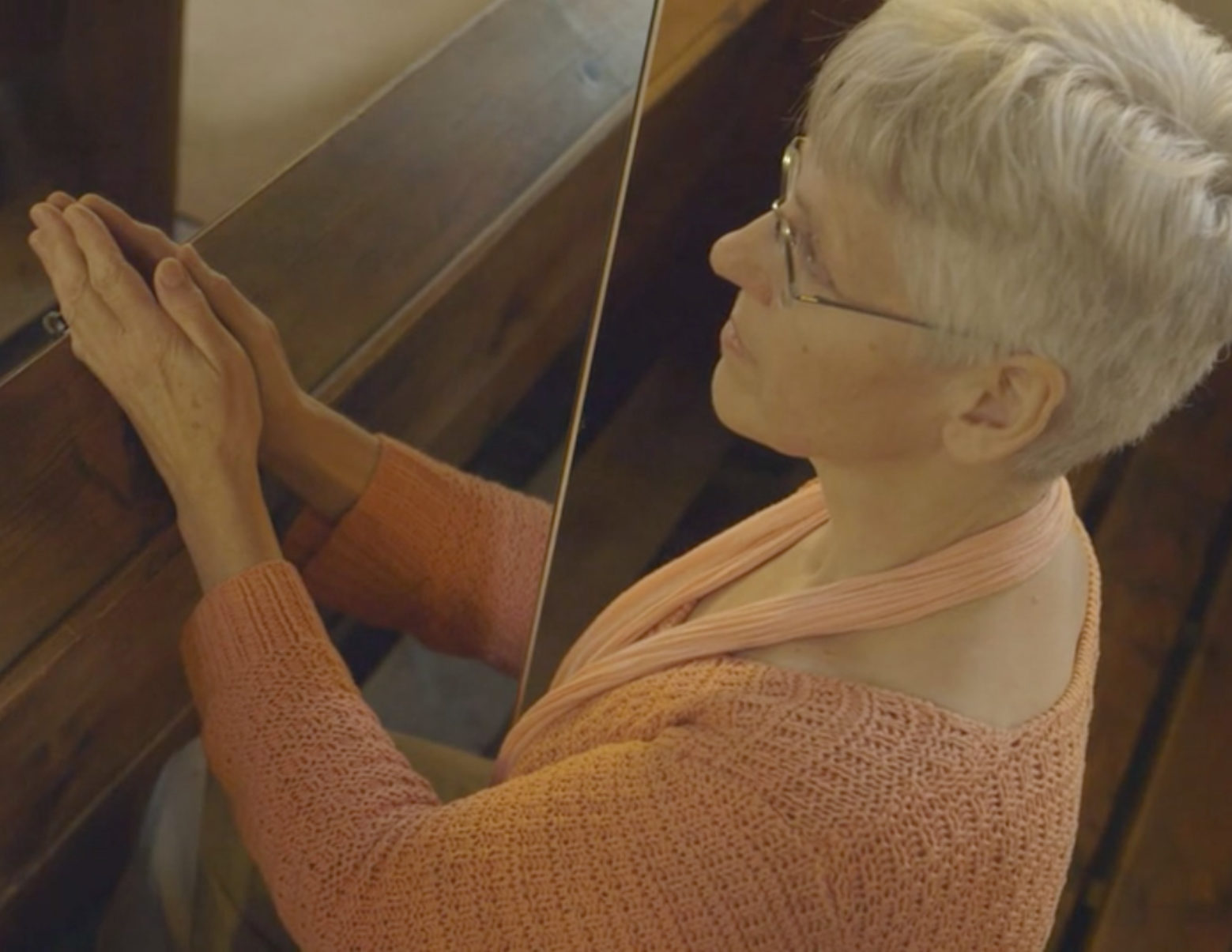
Programmatic Incompleteness:
A Conversation Between Kader Attia and Cuauhtémoc Medina
Cuauhtémoc Medina (CM): I feel that this dialogue has to start by specifying the motives for screening Reflecting Memories, which are far from a matter of mere artistic routine. Last March, you shared with me a remarkable email from a Russian psychotherapist living in Ukraine. [...]
COMPLETE TEXT HERE
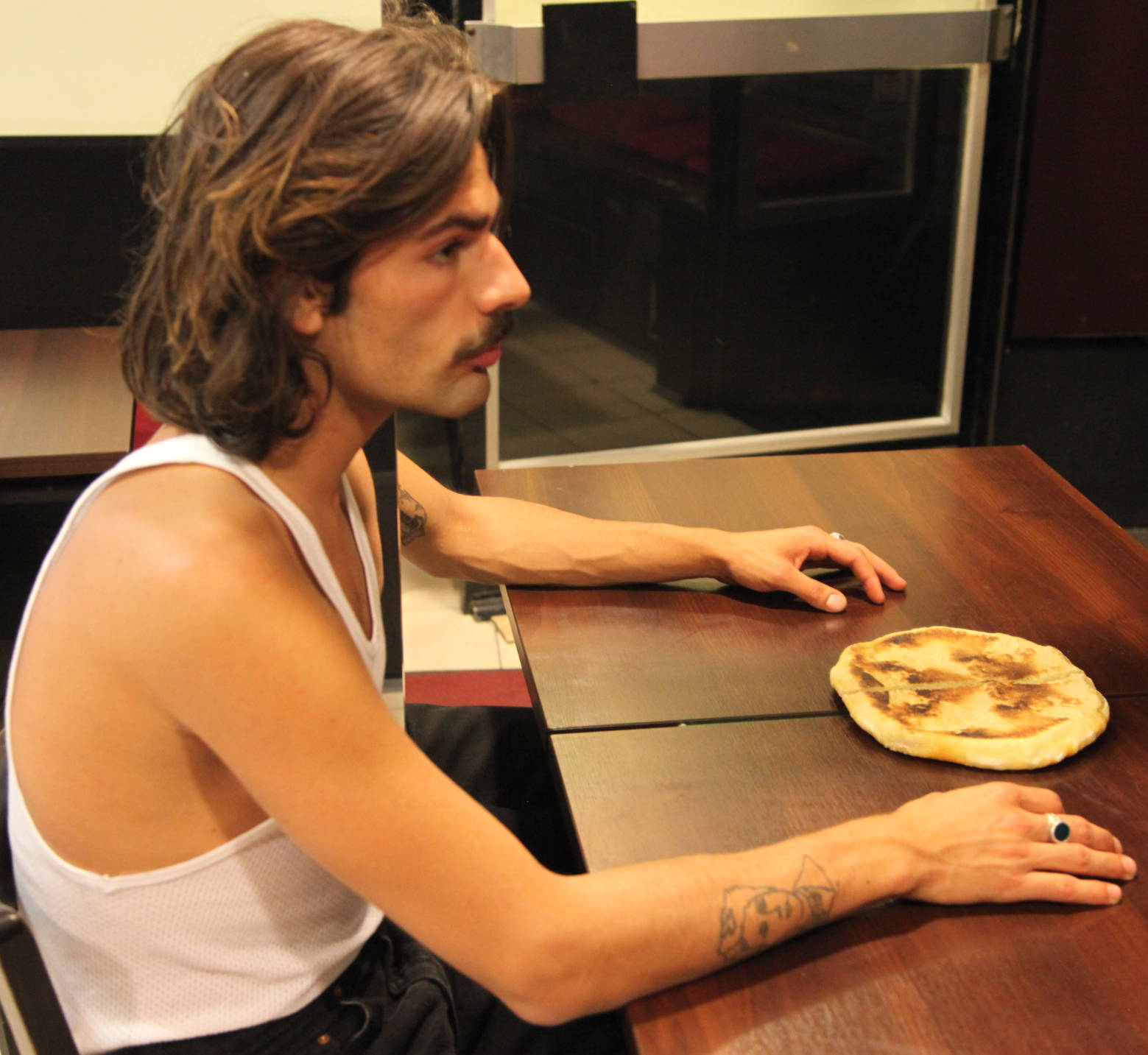
Kader Attia, Reflecting Memory, 2016
Single-channel HD digital video projection, colour, sound 45’56’’
Kader Attia (France, 1970; he lives and works in Berlin and Algiers)
Kader Attia is an artist who explores the wide-ranging effects of Western cultural hegemony and colonialism. Central to his inquiry are the concepts of injury and repair, which he uses to connect diverse bodies of knowledge, including architecture, music, psychoanalysis, medical science, and traditional healing and spiritual beliefs. Throughout his multimedia practice—ranging from sculpture to film installation—reparation does not mark a return to an intact state, but instead makes visible the immaterial scars of psychic injury.
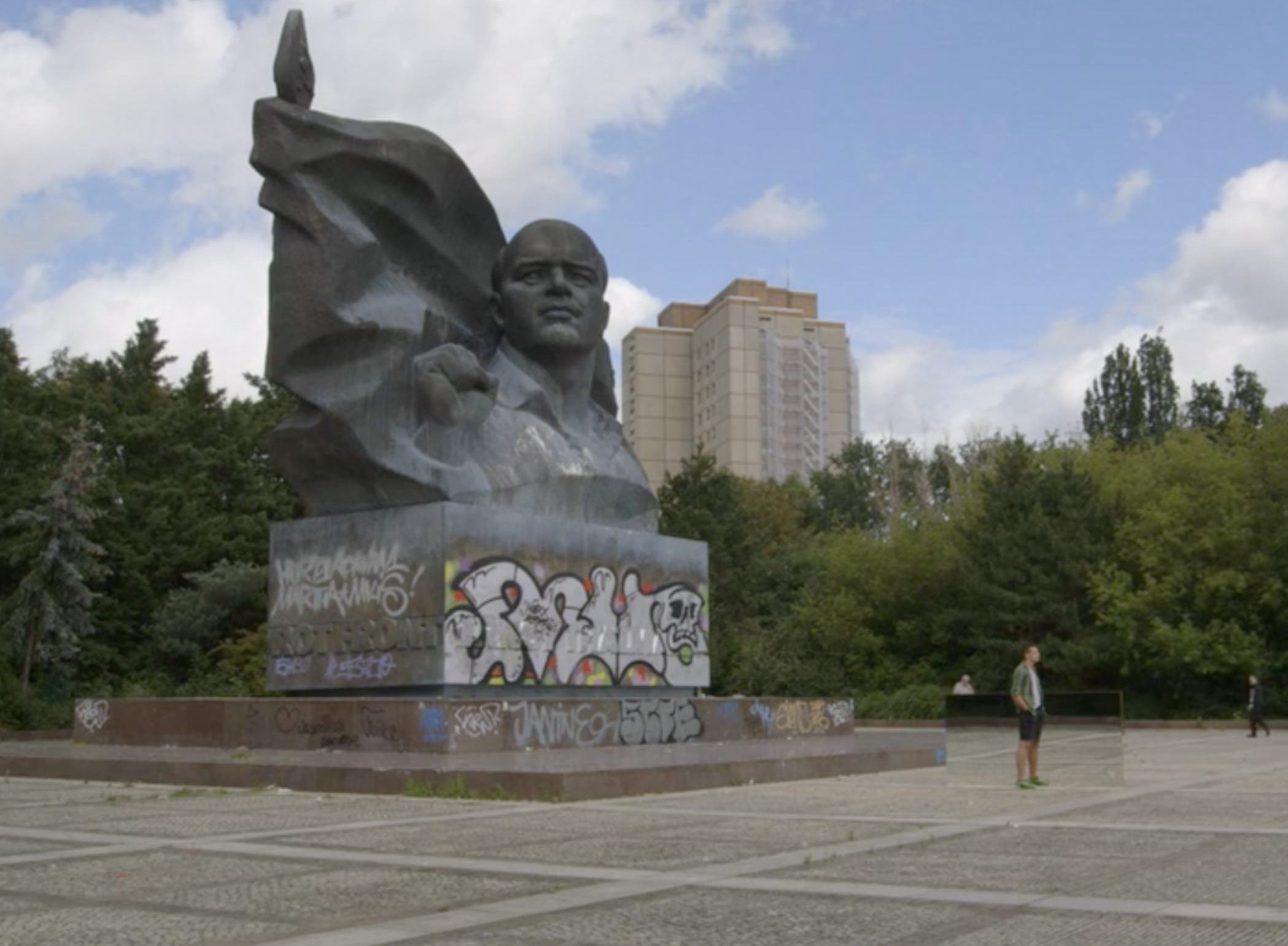
Curatorship: Cuauhtémoc Medina
Texts: Kader Attia, Cuauhtémoc Medina
Content Direction: Ekaterina Álvarez, Cuauhtémoc Medina
Curatorial Coordination: Ana Sampietro
Digital Management: Ana Cristina Sol
Content Editing: Roberto Barajas, Vanessa López, Yerem Mújica
Spanish Translation: Jaime Soler Frost
English Translation: Julianna Neuhouser
Press: Francisco Domínguez, Eduardo Lomas


